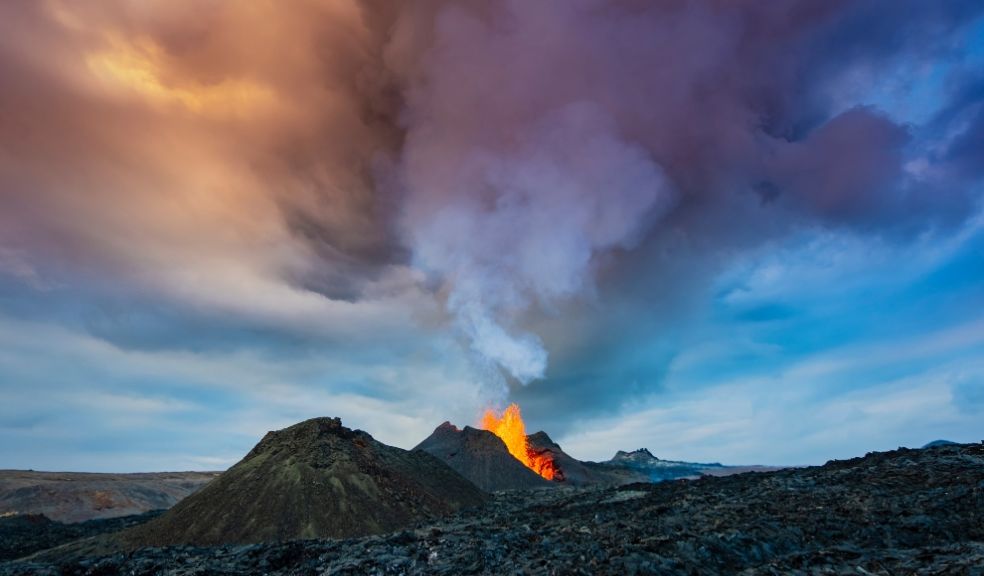
Volcanic Eruption in Iceland: Travel Advice
Volcanic Eruption Iceland: Travel Advice
With news breaking of another ongoing volcanic eruption in Iceland, travel experts reveal what you need to know if you're planning on travelling to the region.
While flights to Iceland are currently still going ahead as normal, the Blue Lagoon has been closed and experts warn that more eruptions are likely.
Alvaro Iturmendi, Confused.com travel insurance expert, said: "Traveling near areas with active or potentially active volcanoes poses unique challenges, especially when an eruption occurs. Volcanic eruptions can impact air travel, lead to evacuations, and affect local infrastructure. Here's how to manage travel plans during a volcanic eruption and steps to take if you need to claim on your travel insurance:
Before you travel:
-
Check your travel insurance: Ensure your travel insurance covers natural disaster-related disruptions. Some policies may exclude such events, so it's essential to understand the details of your coverage.
-
Stay informed: Regularly check updates from local authorities and news outlets regarding the volcanic activity. This information can change rapidly, so staying informed is crucial.
-
Flexible bookings: Book flexible travel options that allow changes or cancellations without heavy penalties. This may come at an extra cost but can provide peace of mind.
When volcanic eruptions affect travel:
-
Air travel disruptions: Ash clouds from volcanic eruptions can lead to airspace closures and flight cancellations or delays. Airlines typically provide updates and rebooking options, so maintain communication with your travel provider.
-
Evacuation orders: If an eruption leads to evacuation orders for the area you're in or planning to visit, follow these instructions immediately for your safety.
-
Local infrastructure: Be aware that eruptions can affect local infrastructure, including roads, water supplies, and power. Have a backup plan for accommodation and consider carrying additional supplies, such as water and food.
Claiming on travel insurance:
-
Immediate communication: Notify your travel insurance provider of any disruption to your travel plans. They can guide you on the next steps and how to proceed with your claim.
-
Documentation: Gather all relevant documents, such as booking confirmations, receipts, and any communication from transport providers regarding the disruption. If you have additional expenses (e.g., accommodation or meals) due to the delay, keep those receipts too.
-
Claim form: Fill out the claim form provided by your insurance company. Be thorough and include all necessary documentation to support your claim.
-
Follow up: Contact your insurance provider for updates after submitting your claim. Be prepared for possible delays, as insurers may experience many claims during widespread natural disasters.
General tips:
-
Emergency kit: Always have an emergency kit ready when travelling in volcanic areas. This should include basic supplies, such as water, food, a first-aid kit, and protective masks to guard against ash inhalation.
-
Local guidance: Familiarise yourself with local emergency procedures and evacuation routes. Local authorities will provide the most accurate information and instructions in the event of an eruption.
-
Health precautions: Volcanic ash can be harmful to respiratory health. Consider wearing a mask and protecting your eyes to minimise irritation.
-
Stay flexible: Volcanic activity can be unpredictable. Be prepared to adjust your plans and follow the advice of local authorities and your travel provider.
"Traveling in volcanic regions requires extra preparation and vigilance due to the potential for sudden eruptions. By understanding your insurance coverage, staying informed about volcanic activity, and preparing for possible disruptions, you can navigate these challenges more effectively and ensure your safety during your travels."
















